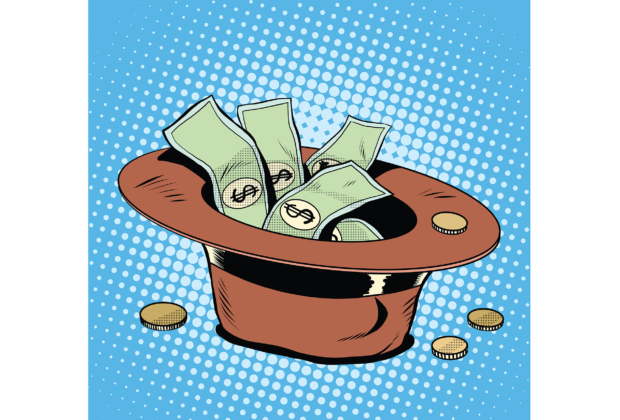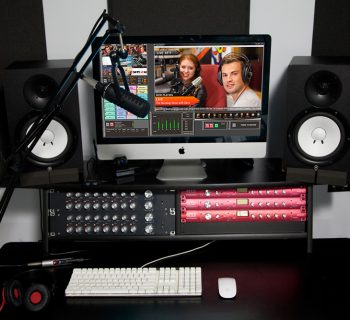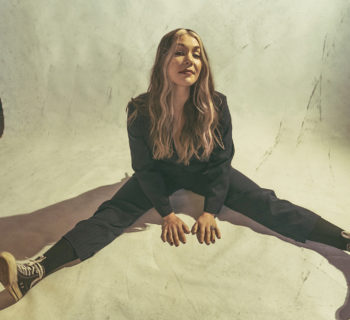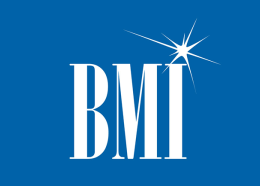The ever-changing landscape in the music industry requires musicians to be extra creative––with their music, of course, but also with the business side.
Free streaming has altered musicians’ bottom line so dramatically that today, music itself is the least profit-generating product an artist can offer. With abysmal payouts from streaming services like Apple and Spotify, even huge-name acts like Cardi B, Taylor Swift and DJ Khaled have turned to “bundling” their music with other items like T-shirts, concert tickets or even energy drinks to drive sales.
Up-and-coming acts can—and should—be doing the same because this alternate revenue source can be truly empowering. Streaming services may control payouts, but artists still control what merchandise they sell, and for what price.
In the simplest terms, bundling is packaging a digital music project with physical merchandise. It’s a good idea to set up a merch table at your shows, but artists should also be making the most of available tech to engage with fans and sell their items by using a three-pronged approach: social media for building a fan base, websites to connect with those fans, and a drop-ship company to efficiently get your merch into their hands.
Though growing in popularity, bundling as a practice has been very polarizing in the music community. After initial hesitancy to embrace it back in the ‘90s when Prince essentially created the first bundle, execs now encourage top-tier acts to package merch with their music. We are now living in the era of the bundle, from legacy acts like Bon Jovi and Queen packing concert tickets with their music to Ariana Grande selling music-inspired jewelry with her albums.
Some insiders have griped about how these sales impact the Billboard charts, and Billboard has not definitively ruled on which items can be bundled and still count towards album sales. For example, earlier this year, DJ Khaled threatened to sue Billboard after his Father of Asahd/energy drink album bundle was disqualified, while his Billboard No. 1 rival for the week, Tyler The Creator, beat him with the IGOR album, packaged with clothing.
Last year, there was also a very public dispute between Nicki Minaj and Travis Scott when both artists were neck-and-neck in competition for a Billboard No. 1. Scott wound up edging out Minaj, due in large part to his “Season Pass” bundle, which offered both limited-edition T-shirts and early access to performances.
While many other artists offer similar bundles, the real controversy stemmed from the fact that Scott sold over 50,000 of these bundles without requiring fans to redeem the album and with no set touring schedule. Minaj’s side argued that Scott’s 50,000 Billboard-certified units weren’t really music sales, but simply sales of merchandise and a theoretical promise of tickets to shows that hadn’t even been scheduled yet.
Despite the controversy, bundling can provide distinct advantages for musicians. For example, an artist may produce a music project and retail it through their website for $10. They can also offer a band T-shirt, which may cost just $10 to produce, at a retail price of $35. The artist can then offer a discount: fans who opt for the music-plus-shirt bundle will pay only $30. That bundle nets $10 on each sale ($30 retail minus the $20 production cost). Many fans would be incentivized to buy the bundle because of the discount and, because…hey…, artist merch is cool!
However, keep in mind that though it’s great to bring in as much money on a project as possible, it’s more important for a developing act to view bundling simply as a promotion game. Your primary objective as a professional musician is to use any means at your disposal to bring awareness to your art. The more energy you can direct towards your music, the better your odds of not getting lost in the crowd.
That said, a unique bundle will help get people talking and sharing photos on social media, which means more opportunities for further promotion. For example, Paul McCartney’s most recent album, Egypt Station, was available in a bundle with a small suitcase, “train tickets” and a map. Taylor Swift’s merch includes a heart-shaped purse. Beyonce sells phone cases. T-shirts are always popular, but if you are able do something creative that ties in with your music, its something to consider.
During the process, another way musicians can keep the focus more on their art and less on the T-shirt business is by using a drop shipper. A drop shipper is a wholesale company that can receive orders from a seller (that would be you), and handle creating, storing, packing and shipping your merch to fans.
The advantage of working with a reputable drop shipper is that someone other than you is manufacturing your bundles. You won’t need to hold physical inventory, and your orders will be tracked and managed independently.
Unlike a show merch table, a drop shipper allows online sales to happen anywhere, any time. Some drop shippers will create an online store page for you (for a fee, of course), and many will accept orders placed through a Shopify shopping cart that you can integrate into your band’s website yourself.
There are also cons to using a drop shipper, most notably the lack of control over the quality and timeliness of your shipping. Also, your profit margins will be somewhat lower than if you packaged and sold your items directly to your fans.
Of course, more people will know about your merch bundle if you promote it on social media, with plenty of photos. Don’t be shy about letting existing and potential fans know what you have to offer through every social media channel available.
After you’ve recorded, mixed and mastered your new smash project, brainstorm on a unique item or complimentary, novel event or service to offer with your music. The big name artists are doing it, and you can too.
JOSHUA MARTIN and REGGIE GOODEN of 818 Talent are members of the Talent Managers Association who have a combined 30 years of experience in entertainment finance and accounting. Their Los Angeles-based business and talent management firm specializes in finding lucrative opportunities for musicians at all levels, and the team dedicates themselves to making sure their clients have the most successful careers possible. They can help musicians with small stuff like doing their taxes, or big stuff like managing their career. Visit 818talent.com for more.













